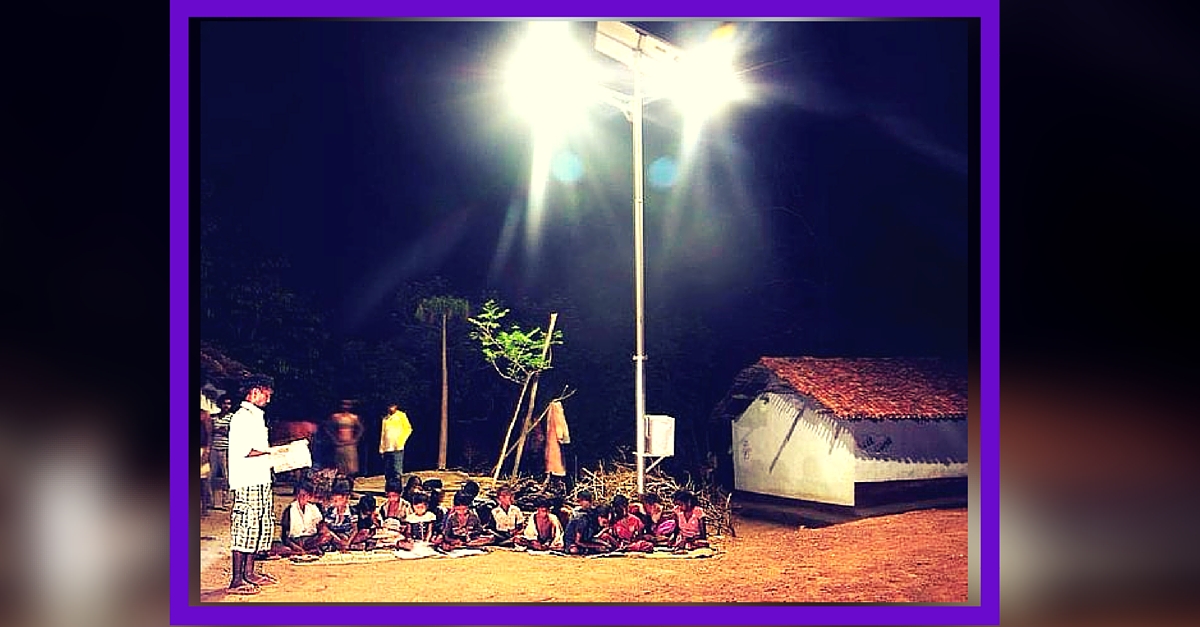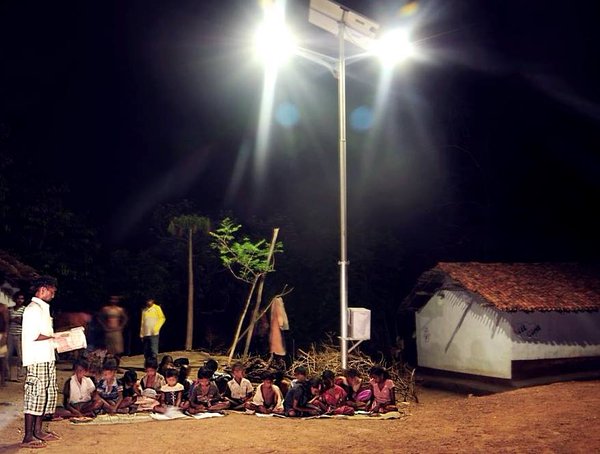253 Indian Villages Electrified in a Week Under the Deen Dayal Upadhyaya Gram Jyoti Yojna
A total of 253 villages across the country were electrified under the Deen Dayal Upadhyaya Gram Jyoti Yojna (DDUGJY) last week between February 8 -14.

A total of 253 villages across the country were electrified under the Deen Dayal Upadhyaya Gram Jyoti Yojna (DDUGJY) last week, between February 8 and 14.
Of these villages, 111 are in Odisha, 81 in Assam, 40 in Jharkhand, 13 in Rajasthan, 4 in Bihar, 3 in Madhya Pradesh, and 1 in Uttar Pradesh.

Picture for representation only: Source: Twitter
The DDUGJY scheme was launched in July 2015 with the aim of electrifying 18,452 villages by May 1, 2018 – within 1,000 days. The plan for electrification is that the implementation mode will be 12 months and the process will be divided into 12 stages, with timelines for each stage. According to reports, 5,279 villages have been electrified so far. Of the remaining 13,173 villages, 9,228 are to be electrified through grid and 3,398 off-grid, while 547 villages are to be electrified by state governments.
In most villages, the agricultural and domestic power load usually has the same distribution network. But because of inadequate power supply, distribution units have to resort to load shedding, which affects both agricultural and non-agricultural consumers. Thus, the scheme also focusses on separation of electrical feeders for rural households and agriculture requirements, along with strengthening the distribution infrastructure.
With feeder separation, supply of electricity to agricultural consumers and to domestic and non-domestic consumers will have dedicated feeders, and the distribution units will be able to manage supply according to the requirement. This will also help reduce the load because distribution units will be able to shift the agricultural load to off-peak hours. This is being done to ensure round-the-clock electricity supply in rural households as well as to agricultural consumers. As per the plan, thousands of kilometres of new lines will be laid and hundreds of new substations will be launched.
Like this story? Or have something to share? Write to us: [email protected], or connect with us on Facebook and Twitter (@thebetterindia).
If you found our stories insightful, informative, or even just enjoyable, we invite you to consider making a voluntary payment to support the work we do at The Better India. Your contribution helps us continue producing quality content that educates, inspires, and drives positive change.
Choose one of the payment options below for your contribution-
By paying for the stories you value, you directly contribute to sustaining our efforts focused on making a difference in the world. Together, let’s ensure that impactful stories continue to be told and shared, enriching lives and communities alike.
Thank you for your support. Here are some frequently asked questions you might find helpful to know why you are contributing?


This story made me
-
97
-
121
-
89
-
167











